You own your own business and you have incorporated. A wise decision as corporate structures can provide significant benefits, such as:
- Limited liability
- Continuity of the business
- Easier access to capital
- Lower income tax rates with the Small Business Deduction (“SBD”)
- Potential Tax Deferral and Tax Saving opportunities
Now that your business is incorporated, have you considered Corporate-Owned Life Insurance (“COLI”)? COLI is not to be confused with insurance purchased for your business operations (also a must). COLI is a life insurance policy purchased by a corporation on the life of a shareholder(s) to protect the business on the death of the shareholder(s).
Key Advantages of COLI:
Corporate vs. Personal Dollars
In today’s tax environment, it is generally more economical to purchase life insurance using “low-taxed” corporate dollars – as opposed to using your personal after-tax income.
Here is a simple example.
If your corporation is a Canadian-Controlled Private Corporation (“CCPC”) that qualifies for the Small Business Deduction (“SBD”), it could potentially pay a corporate tax rate on its Active Business Income (“ABI”) of only 11% – depending on the province in which your business operates.
This means that for every $100 of income, $89 would be available after-tax inside your corporation to go towards funding the insurance premiums. Compare this scenario to an individual who has an assumed marginal tax rate of 50%. The individual would only net $50 from the same $100 of income.
Therefore, the corporation has more after-tax dollars available to pay for the life insurance premiums. It should be noted that in most cases, the insurance premiums are not tax-deductible to either the corporation or the individual.
Alternative Investment
COLI can create enhanced asset values in comparison to investing the same amount in a taxable corporate investment account due to the preferential tax treatment of life insurance policies.
Specifically, the Income Tax Act allows for funds (subject to a maximum) to be invested and grow on a tax-sheltered basis within an insurance policy, which effectively creates a “TFSA-like” mechanism within your corporation – but with significantly higher contribution limits.
For more information on this type of Insurance Planning, please refer to our article titled The Estate Bond Strategy: Tax-Efficient Tool to Accumulate and Transfer Wealth.
Flexibility
Like any other asset, an insurance policy can be used as collateral with a financial institution to obtain a loan – the proceeds of which could be used in the business, to invest in your portfolio, or to provide retirement income. It is important to consult with your tax advisor to ensure that the steps to put this type of plan in place are properly implemented in order to avoid unintended consequences.
Added Value
Insurance purchased within your corporation allows you to put other unique business strategies in place – including the funding of Buy-Sell Agreements, Key-Person Coverage, Estate Planning Protection, etc.
Use of the Capital Dividend Account (“CDA”)
The CDA is a vital part of estate and tax planning for shareholders since life insurance proceeds are received tax-free by a corporation, and are credited (net of the Adjusted Cost Basis of the policy) to the corporation’s CDA – which in turn can be paid to the shareholder(s) as a tax-free Capital Dividend.
As with any business succession strategy, there are important considerations to take into account when purchasing COLI. It is often not advisable to have the insurance policy owned in the Operating Corporation (“Opco”) – since the insurance asset would be subject to potential creditor claims, and if the Opco is sold, it is generally not possible to transfer the insurance to the shareholder on a tax-efficient basis if the policy is to be maintained. In general, COLI is held in a Holding Corporation and the Opco may be the beneficiary. When you are dealing with multiple shareholders, there are additional issues to consider and a Shareholders’ Agreement is critical.
